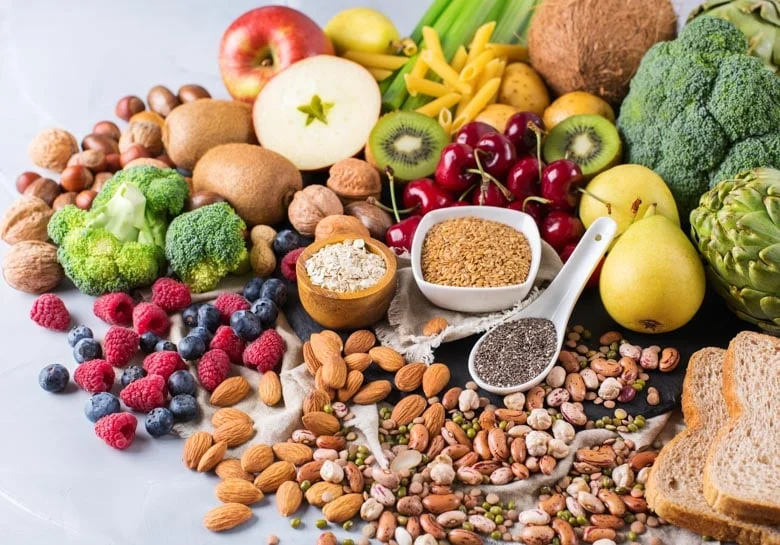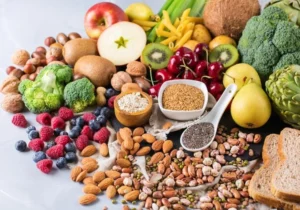
In the ever-evolving landscape of nutrition science, the question of meal timing and frequency remains a topic of considerable debate. For those following a vegan lifestyle, there’s an additional layer of consideration: does eating smaller, more frequent plant-based meals optimize health outcomes? Let’s explore this question by examining the evidence, benefits, potential drawbacks, and practical considerations.

The Science Behind Meal Frequency
The traditional three-meals-a-day structure has been challenged in recent years by proponents of more frequent eating patterns. The theory behind eating smaller, more frequent meals primarily revolves around metabolic benefits, blood sugar control, and hunger management.
For vegans specifically, several unique factors come into play. Plant-based diets typically contain more fiber and complex carbohydrates, which can affect digestion timing and nutrient absorption. Some research suggests that spreading plant protein intake throughout the day may help vegans optimize muscle protein synthesis, especially important since plant proteins often contain less leucine (a key amino acid for muscle building) than animal proteins.
Potential Benefits for Vegans
Steady Energy Levels
Smaller, more frequent vegan meals may help maintain consistent blood sugar levels throughout the day. Since many plant foods have a lower glycemic index, combining them in smaller portions throughout the day could potentially provide a steady stream of energy.
Improved Nutrient Absorption
Some nutrients have absorption limits, meaning the body can only process so much at once. This is particularly relevant for iron and zinc, which can be less bioavailable in plant forms. Spacing intake throughout the day might improve overall absorption.
Better Protein Distribution
Research suggests that distributing protein intake evenly throughout the day may be more beneficial for muscle maintenance and growth than consuming most protein in one or two large meals, which is especially important for vegans who need to be mindful of getting adequate protein.
Potential Drawbacks
Digestive Considerations
While smaller meals might be easier to digest for some, the high fiber content of a vegan diet could mean more frequent digestive activity throughout the day, which may not be ideal for everyone’s comfort or lifestyle.
Time Commitment
Preparing and consuming multiple meals requires more time and planning, which may not be practical for everyone’s schedule.
Mindless Eating Risk
More frequent eating opportunities can potentially lead to mindless consumption or difficulty tracking overall intake.
What the Research Actually Shows
Despite theoretical benefits, research on meal frequency isn’t entirely conclusive. Several studies comparing different meal frequencies (while keeping total calories constant) have found minimal differences in metabolic rate, weight management, or overall health outcomes.
For vegans specifically, research is even more limited. Some studies suggest that vegans might benefit from more frequent protein feedings due to the nature of plant proteins, but robust clinical trials specifically examining meal frequency in vegan populations are lacking.
Personalizing Your Approach
Like many aspects of nutrition, the optimal meal frequency likely varies from person to person. Consider these factors when determining what works best for you:
- Activity level and timing
- Hunger and satiety cues
- Digestive comfort
- Personal schedule and lifestyle
- Health goals
Practical Tips for Implementation
If you’re interested in trying smaller, more frequent vegan meals:
- Focus on nutrient density in each mini-meal
- Include protein sources in each eating occasion
- Plan ahead to ensure variety and convenience
- Listen to your body’s hunger and fullness signals
- Monitor energy levels, digestive comfort, and overall satisfaction
Final Thoughts
While there’s no definitive evidence that smaller, more frequent vegan meals are universally “healthiest,” this approach may offer benefits for some individuals. The quality of food choices, overall nutrient adequacy, and total energy balance likely matter far more than the specific timing or frequency of meals.
The healthiest way to eat as a vegan—or anyone—is the pattern that helps you consistently consume nutritious foods, supports your energy needs, feels physically comfortable, and fits into your lifestyle. For some, that might mean six small meals; for others, three larger ones may work perfectly well.
Remember that nutrition science continues to evolve, and what works best may change throughout different life stages and circumstances. The most sustainable approach is one that you can maintain long-term while meeting your nutritional needs and supporting your overall health goals.